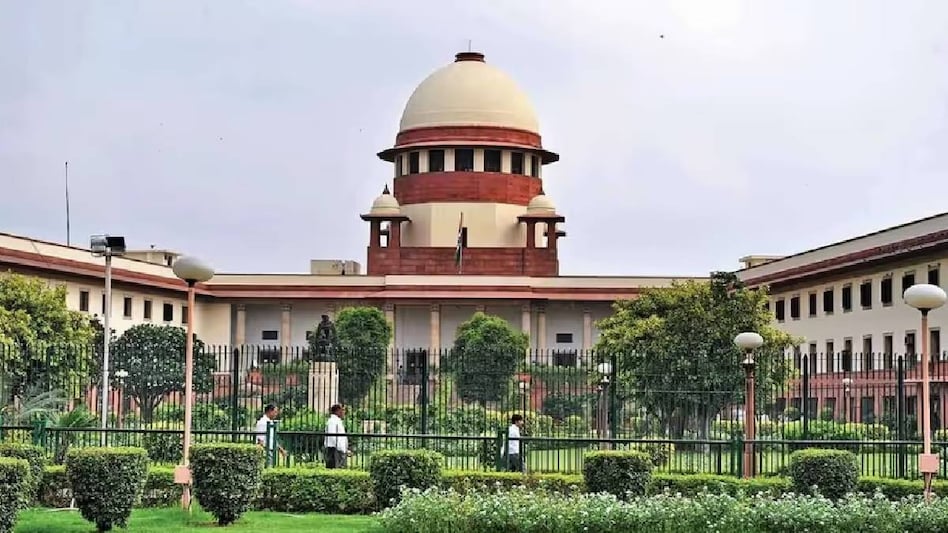The Supreme Court, in a significant 4:3 majority, has put Paid to the debate, about AMU not being a minority institutions under Article 30 of Indian constitution. The constitutional bench of seven judges, led by CJI DY Chandrachud, and comprising Justices Sanjiv Khanna, Surya Kant, JB Pardiwala, Dipankar Datta, Manoj Misra, Satish Chandra Sharma recalled a reference based on the 2006 Allahabad High Court decision that stripped AMU of its minority status.
The five-judge Constitution bench, with CJI Chandrachud writing the majority opinion which is concurring with Justice Khanna, Pardiwala & Misra stated that, minority character of an institution is not deleted or reduced merely on the ground that it may be controlled by non-m minority persons or since regulatory laws have been passed by the Parliament. Justice Surya Kant, Datta, and Sharma gave dissenting notes.
This overturns the 1968 ruling in S Azeez Basha vs Union of India wherein the Supreme Court had said that AMU’s minority status was stripped due to parliamentary legislation. In the current verdict, the focus was made on such factors as the origin of the institution when defining its minority one.
Said the synergy for the majority judgment, “The court must look to the inception of the institution and see who was responsible for its creation.” This decision may include funding, and other initial developments by a minority group, among others.
Therefore, the field of minority status has been cleared by the Supreme Court to the effect that recognition of the institution as a minority by the founding community is a factor to be considered and not its administration by a minority group. Besides, the court also pointed out that while these institutions may indeed offer a secular education they are still a minority.
This judgment affirmed that the government may intervene in minority education institutions but must not destroy their basic minority status. It strengthens the minority-interest institutions constitutional right of autonomy in their management and governance is upheld instead of changeling them for what they represent.
